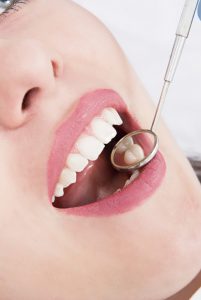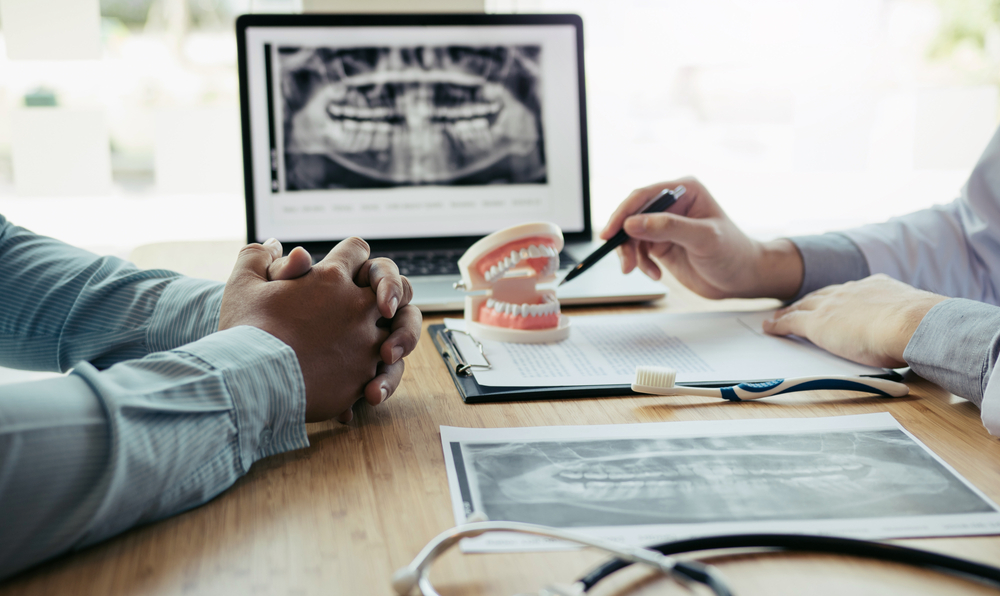Invisalign® Candidacy in Petoskey, MI
Is Invisalign Treatment Right for You?
If you’re considering Invisalign as an orthodontic treatment option, you’ll want to consult with our dentist in Seattle to ensure you’re an ideal candidate. Invisalign is a popular and effective alternative to traditional metal braces, providing a more discreet and comfortable solution for many orthodontic issues. However, not everyone is a good candidate for Invisalign.
To learn more about Invisalign treatment and if it’s right for your smile goals, contact Northwood Dental at (231) 347-2188 today to schedule a consultation. Dr. Klym of Northwood Dental is one of the top dentists in Petoskey, MI.
Who Is the Ideal Invisalign Candidate?
The ideal Invisalign candidate is someone who has mild to moderate orthodontic issues. This includes crooked teeth, gaps between teeth, and mild bite problems. Invisalign can also fix some cases of overbites, underbites, and crossbites.
Invisalign is especially popular among adults who want to straighten their teeth but don’t want the metal wires and brackets associated with traditional braces. Invisalign clear aligners are made of clear plastic and are virtually invisible when worn.
What Invisalign Can Fix
Crooked and Crowded Teeth
If your teeth are crooked or crowded, Invisalign can gradually straighten them out over time. Crooked teeth can cause issues with biting and chewing, as well as negatively impact your overall appearance. With Invisalign, treatment can help straighten your teeth and improve your oral health, while also giving you a more aesthetically pleasing smile.
Gaps Between Teeth
Invisalign trays can also close gaps between teeth. Gaps can cause food to get stuck between teeth, increase the risk of gum disease, and affect your smile. Invisalign can help move your teeth closer together and close the gaps between permanent teeth, leading to improved oral health and a more confident smile.
Overbite
If your upper front teeth overlap your lower front teeth, this is called an overbite. An overbite can cause issues with speaking, eating, and jaw pain. Invisalign can correct this issue by gradually shifting your teeth into proper alignment, improving your bite, and reducing discomfort.
Underbite
An underbite can lead to issues with chewing, speech, and jaw pain. Invisalign trays can correct this issue by gradually shifting your teeth into proper alignment, improving your bite, and reducing discomfort.
Crossbite
If some of your upper teeth bite inside your lower teeth, this is called a crossbite. A crossbite can cause tooth wear, jaw pain, and even make your face look asymmetrical. Invisalign can fix this issue by gradually shifting your teeth into proper alignment, improving your bite, and reducing discomfort.
Who Doesn’t Qualify for Invisalign?
While Invisalign can be a great option for many people, it’s not always the best choice. Invisalign may not be right for you if:
- Severe Orthodontic Issues: If you have severe orthodontic issues, such as a very large overbite or underbite, traditional braces may be a better option.

- Young Children: Invisalign is generally not recommended for young children whose teeth are still developing. However, teenagers with all of their adult teeth may qualify for Invisalign Teen.
- Complex Dental Issues: If you have complex dental issues, such as missing teeth, Invisalign may not be the right treatment.
- Poor Oral Hygiene: Invisalign requires good oral hygiene habits, including brushing and flossing after every meal. If you struggle with these habits, Invisalign may not be the best option for you.


